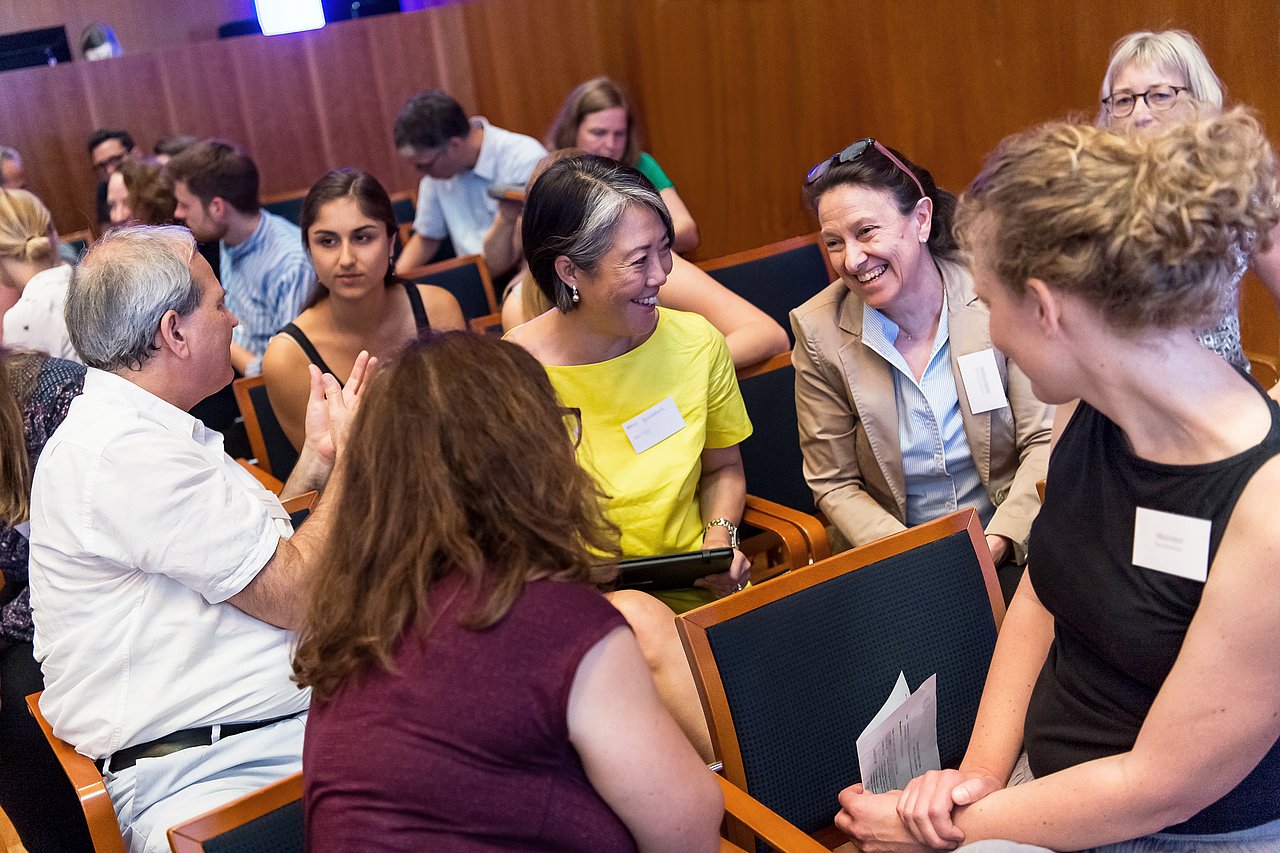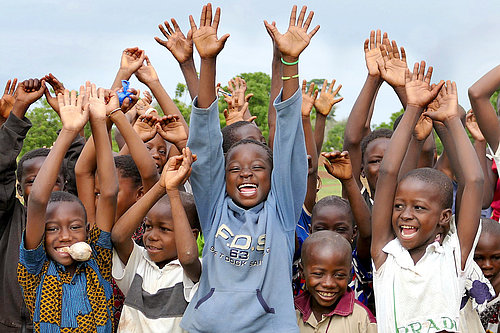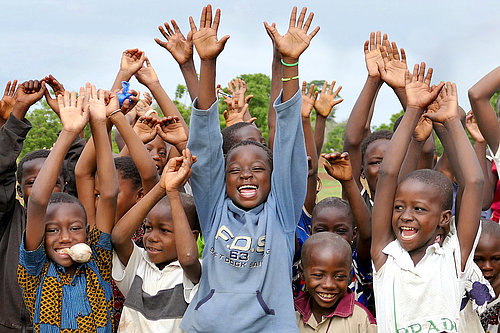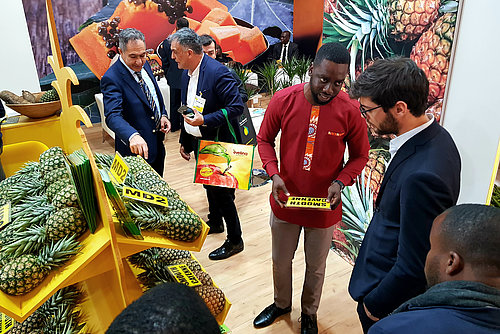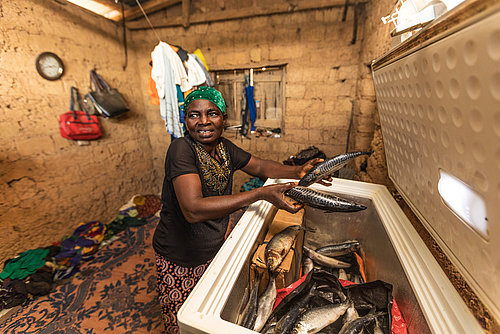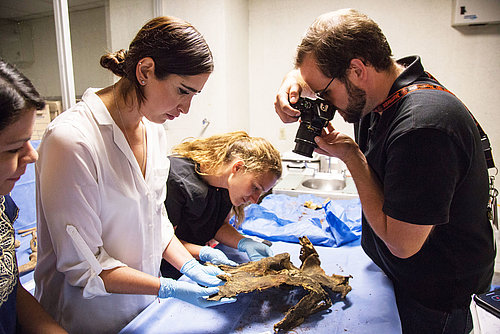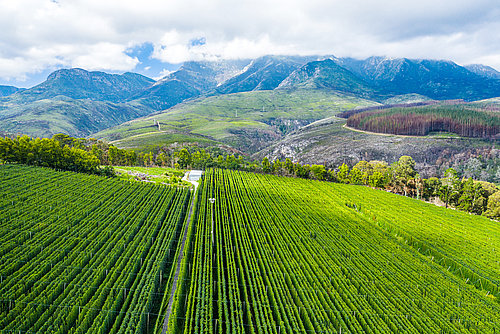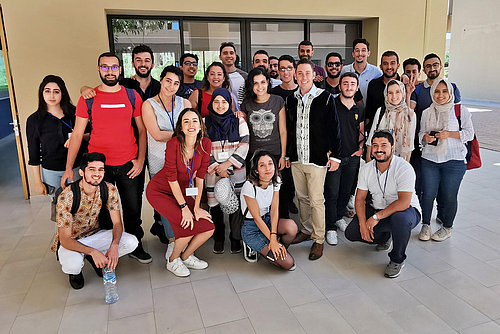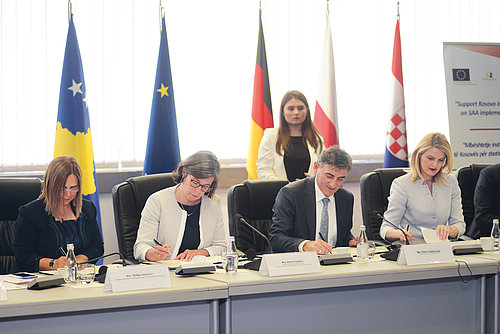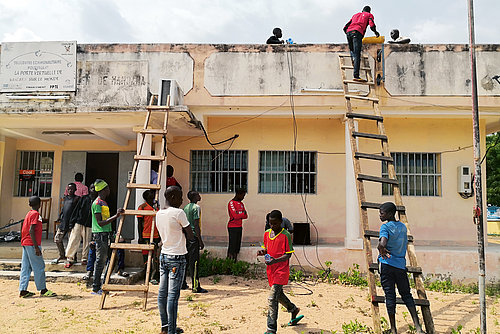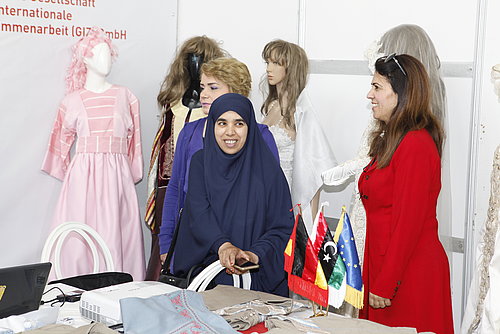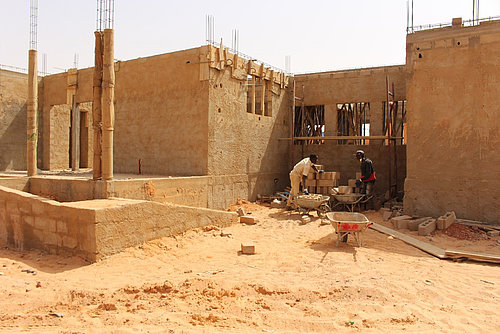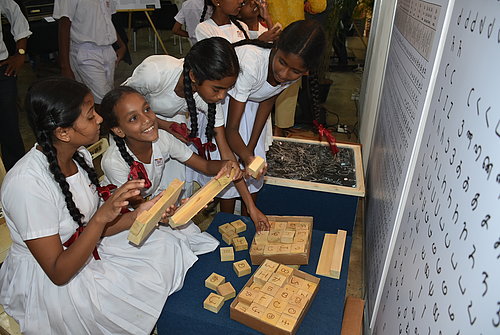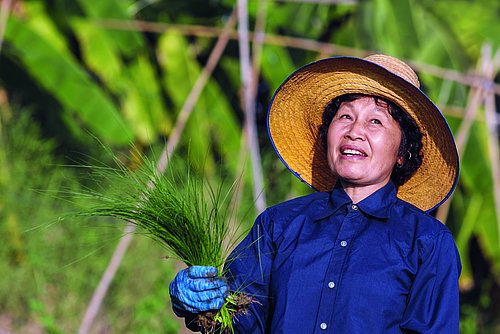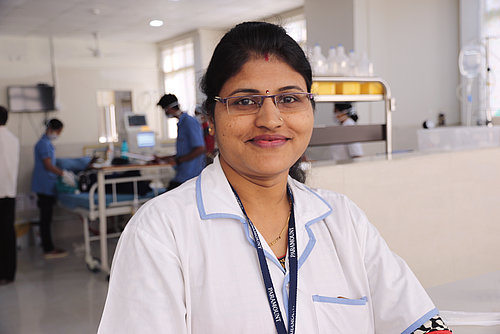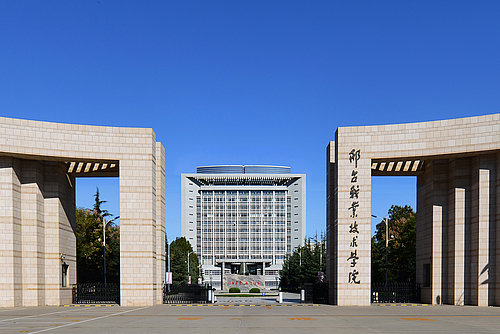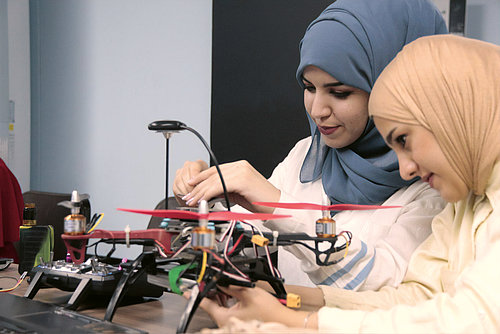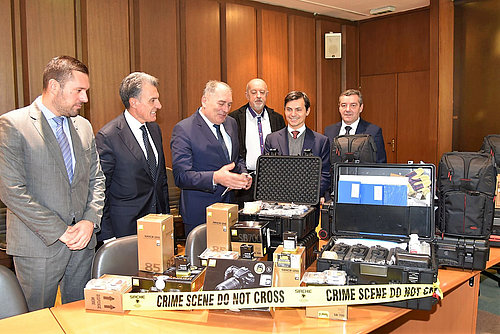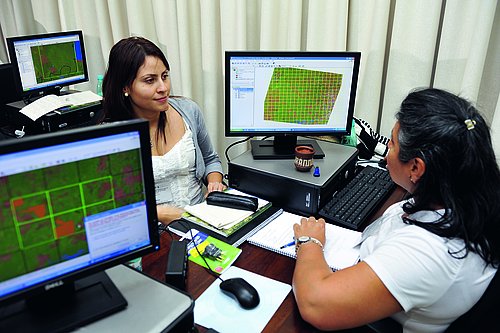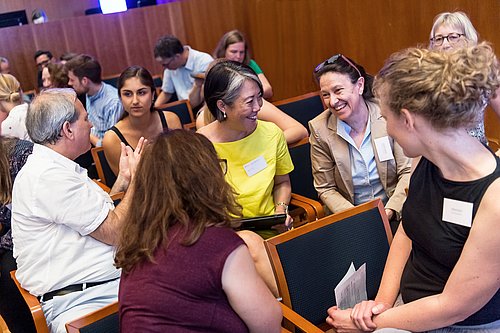Madagascar has long ranked as one of the countries with the highest mortality rates from diseases that are actually easy to treat, such as measles or mumps. One reason is that many people have no access to medical care, either because they don’t have the money or they lack the technical means to pay bills or take out insurance. Moreover, the high costs of treatment often lead to disadvantaged people descending into extreme poverty.
Now an app is raising hopes that the situation in Madagascar will improve: mTOMADY, a digital solution that allows secure billing of health services using a simple mobile phone, has been in place since early 2019. Patients and health insurance companies benefit from it in equal measure. Patients can use this digital tool to apply for and receive government allowances for health care, save money on doctors’ fees, and pay bills and health insurance premiums. Health insurance companies can use mTOMADY to collect premiums electronically, enabling them to reach more remote regions with their insurance schemes. It also makes the payments more transparent for all concerned. In short, this digital platform provides easy access to medical care to many more people than before, allowing them to be treated quickly for diseases such as measles or mumps. mTOMADY is such a compelling concept and so successful that it was one of three prizewinning teams in the Global Health Hub Germany ideas competition in late 2019, a competition that rewards innovative project ideas in the health sector.
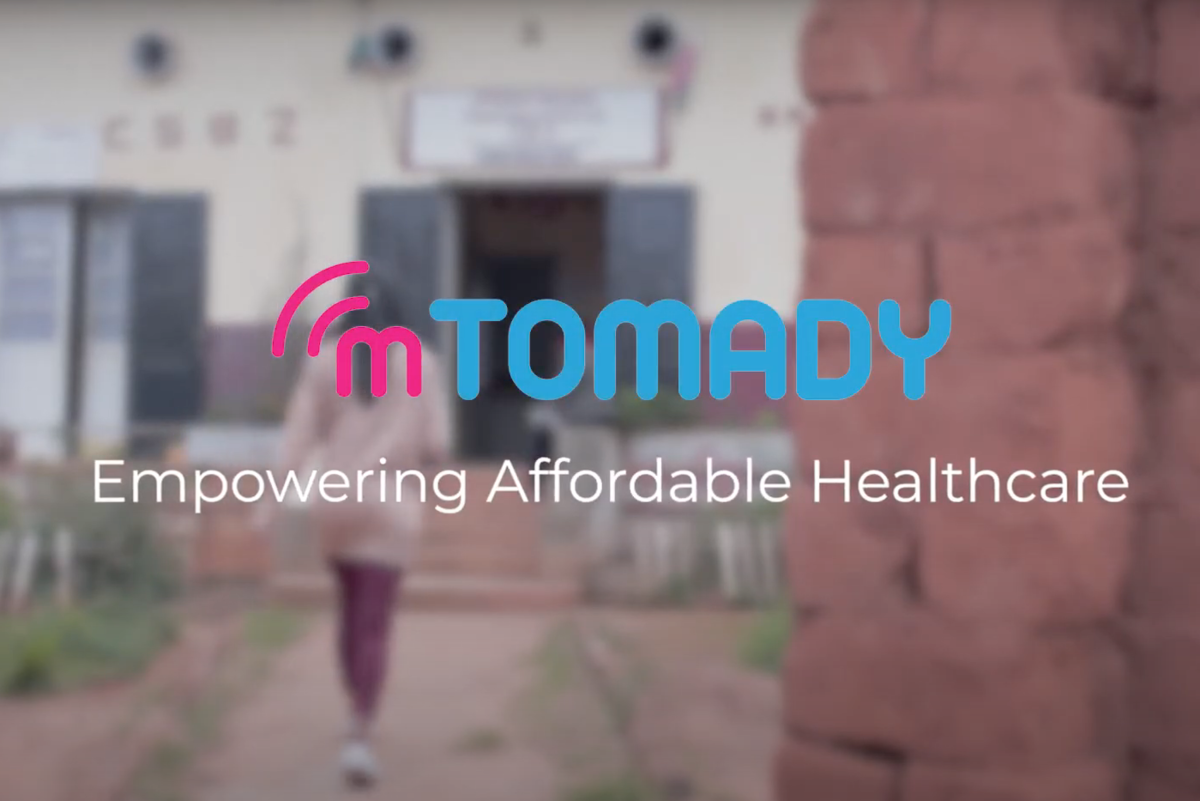
The digital platform mTOMADY enables secure billing of health services in Madagascar using a simple mobile phone. (In English and German with subtitles)
New forum for global health
The Global Health Hub Germany was formed in early 2019, one of its aims being to advance innovation and promote dialogue on global health. It brings together stakeholders from the academic and scientific community, the private sector, civil society and policy-makers across many countries and areas of specialisation to find answers to global health concerns.
GIZ provides the office for the Hub, on behalf of the German Federal Ministry of Health. The office helps build the network, and as part of this it is responsible for planning and implementing activities, for instance preparing and organising webinars, the ideas competition and events such as the Global Health Talk, during which various working groups were formed in 2019. Since then the groups have continued their work via the Hub’s website. Setting up the Hub is part of a project to support German global health policy. It aims to underpin Germany’s pioneering role in this field, promote cross-sectoral dialogue and encourage national and international cooperation, thereby making an important contribution to achieving the goals of the 2030 Agenda.
Thinking beyond borders
The coronavirus crisis is currently showing how important it is to take concerted action. Previously though, too, with Ebola, the Zika virus, tuberculosis, HIV/AIDS and many other diseases, cooperation on the broadest and most comprehensive scale proved beneficial in containing health crises and mitigating their impact. For that to succeed, all actors have to improve their networking – and that is exactly where Global Health Hub Germany comes in.
‘Health is a concern for everyone, and all disciplines have to play their part.’
Tanya Herfurth (right), founding board member of the non-governmental organisation Young Leaders for Health, is Co-Chair of Global Health Hub Germany.
(© GIZ / Thomas Ecke)
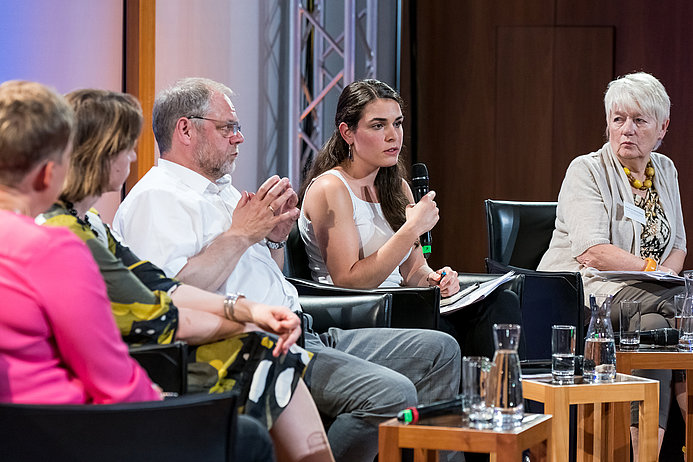
By the end of 2019, Global Health Hub Germany already had over 600 members, from the scientific and academic community, the private sector, civil society and politics, and from the health, environment, climate, food, agriculture, education and research sectors. Especially in the age of globalisation, international health policy has an important and growing role to play. New forms of cooperation, in which health is viewed in integrated and interdisciplinary terms, will arise as a result, in some cases across borders.
Insights into our projects in 2019
We are active in some 120 countries with 1,600 projects.
Discover the world of GIZ by learning about examples of projects undertaken in the 2019 reporting year.
We are active in some 120 countries with 1,600 projects.
Discover the world of GIZ by learning about examples of projects undertaken in the 2019 reporting year.
Are you interested in other GIZ projects?
